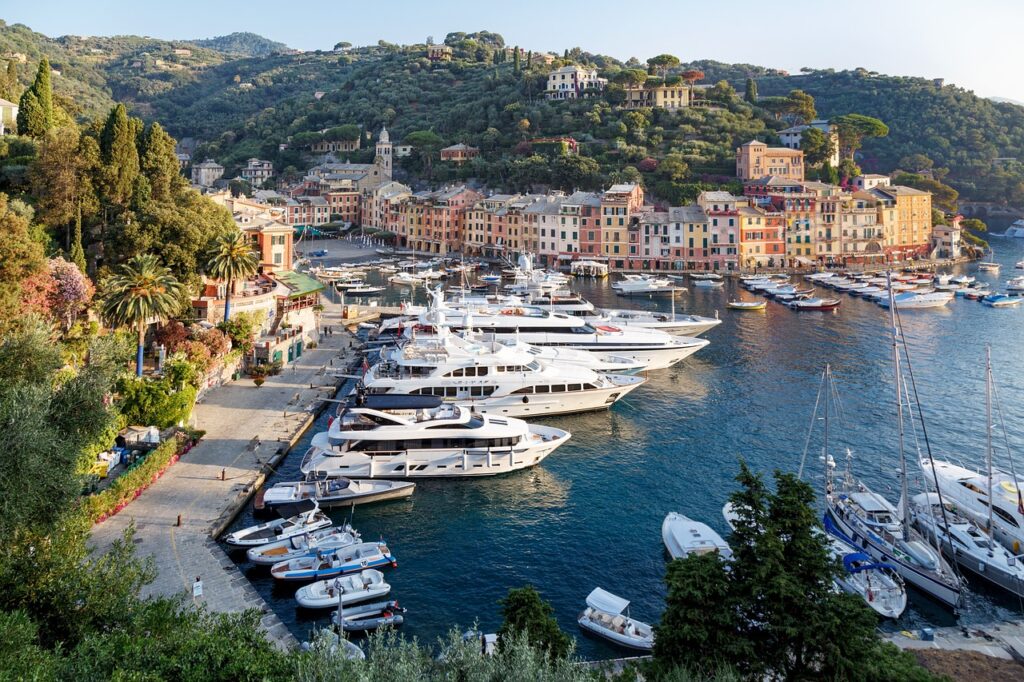Introduction
The luxury yachting industry has long been associated with opulence, adventure, and the pursuit of leisure. However, as global awareness of environmental issues grows, questions arise about the industry’s impact on the oceans and the environment. This article, with some great inputs from our friend at Annapolis Clean Carpet (http://www.annapoliscleancarpet.com), delves into the pros and cons of the luxury yachting industry while examining its potential environmental effects.

Pros of the Luxury Yachting Industry
- Exceptional Experiences: Luxury yachting offers unparalleled experiences, allowing individuals to explore breathtaking coastlines, remote islands, and hidden gems inaccessible by other means. It provides an opportunity to create unforgettable memories and enjoy exclusive amenities and services onboard.
- Economic Benefits: The luxury yachting industry generates significant economic activity. It supports jobs in shipbuilding, hospitality, marina services, and other related sectors. Yacht owners and charter guests contribute to local economies by patronizing businesses, restaurants, and attractions in port cities.
- Tourism Boost: Yachting destinations benefit from increased tourism as yacht owners and charter guests seek out new and exotic locations. This can enhance infrastructure development and promote cultural exchange between visitors and local communities.
- Employment Opportunities: The industry provides employment for crew members, ranging from captains and deckhands to chefs and hospitality staff. These jobs can offer competitive wages, career advancement opportunities, and exposure to international travel.
Cons of the Luxury Yachting Industry
- Environmental Impact: Luxury yachts consume significant amounts of fuel, emitting greenhouse gases and contributing to climate change. The carbon footprint of yacht operations, especially those powered by fossil fuels, poses a concern. Additionally, discharge of wastewater, improper waste management, and damage to fragile marine ecosystems from anchoring can have negative environmental consequences.
- Noise and Disturbance: The presence of luxury yachts in popular destinations can lead to increased noise levels and disturbance for marine life, including marine mammals and fish populations. Noise pollution from engines and onboard activities can disrupt their natural behavior and affect sensitive habitats.
- Exclusivity and Inequality: The luxury yachting industry is inherently exclusive, catering to a privileged few who can afford these extravagant experiences. This exclusivity raises concerns about social and economic inequality, as it perpetuates a divide between the ultra-wealthy and the majority of the population.
- Overcrowding and Infrastructure Strain: Popular yachting destinations may face challenges related to overcrowding, particularly during peak seasons. This strain can place pressure on local infrastructure, including marinas, ports, and shoreside facilities, potentially impacting the quality of life for residents and the environment.
Environmental Impact and Sustainability Efforts
To mitigate the environmental impact of the luxury yachting industry, several initiatives and practices have emerged:
- Technological Advancements: Advancements in hybrid propulsion systems, renewable energy sources, and fuel-efficient technologies are reducing emissions and improving the environmental performance of yachts.
- Eco-friendly Practices: Many yacht owners and charter companies are adopting eco-friendly practices onboard, such as waste management systems, recycling initiatives, and the use of environmentally friendly cleaning products. Some vessels have implemented advanced wastewater treatment systems to minimize pollution.
- Sustainable Design and Construction: Yacht builders are increasingly incorporating sustainable materials, energy-efficient designs, and responsible construction practices to reduce the ecological footprint of new vessels.
- Awareness and Education: Promoting awareness about environmental issues and fostering a sense of responsibility among yacht owners, charter guests, and crew members can drive positive change. Education programs can emphasize the importance of sustainable yachting practices and responsible interactions with marine ecosystems.
Conclusion
The luxury yachting industry presents both advantages and challenges. While it offers extraordinary experiences, economic benefits, and employment opportunities, it also raises concerns regarding its environmental impact and social exclusivity. Through innovation, eco-friendly practices, and increased awareness, the industry has the potential to minimize its ecological footprint and contribute to the preservation of marine environments. Balancing luxury yachting experiences with sustainable practices is key to ensuring a harmonious coexistence between this thriving industry and the fragile oceans and environments it traverses.
